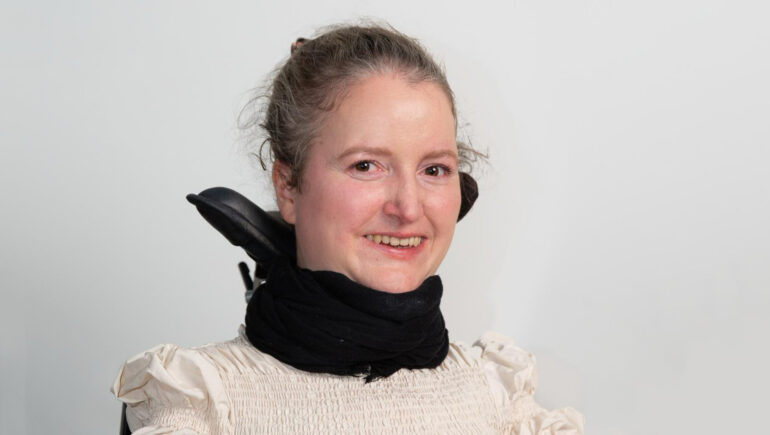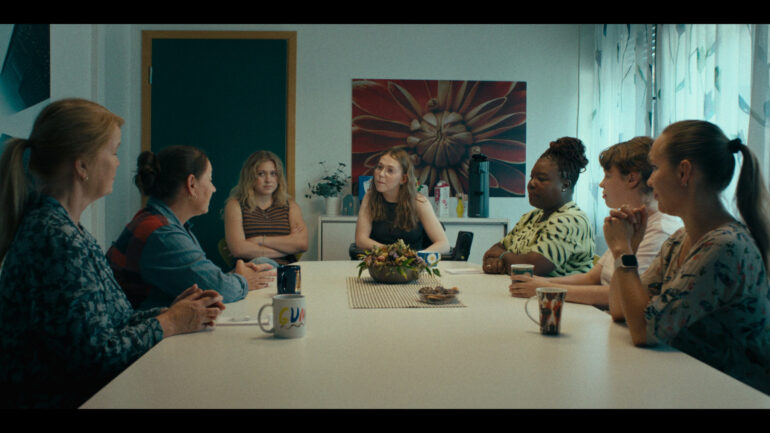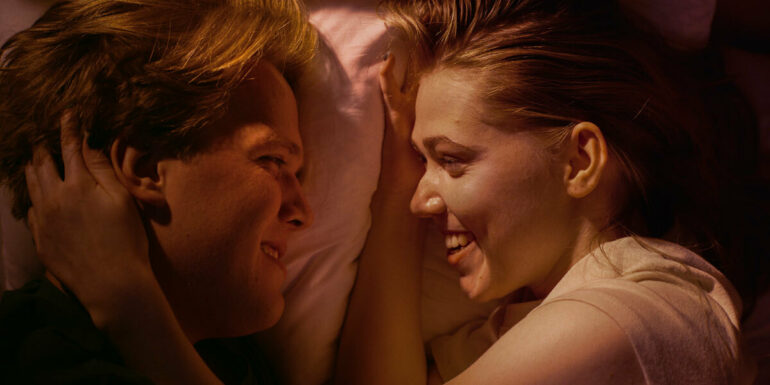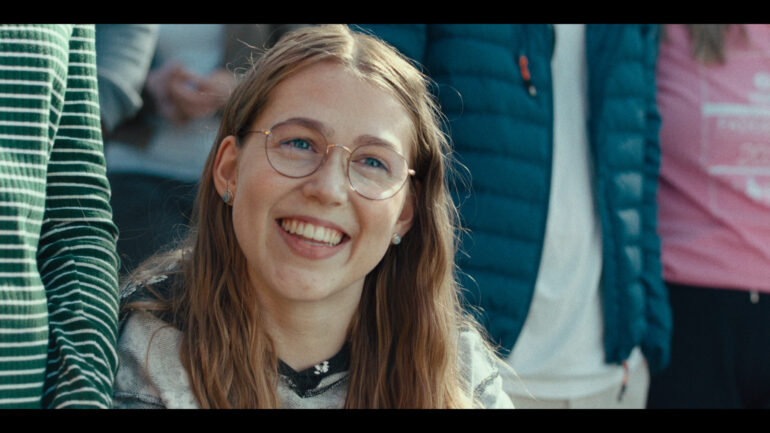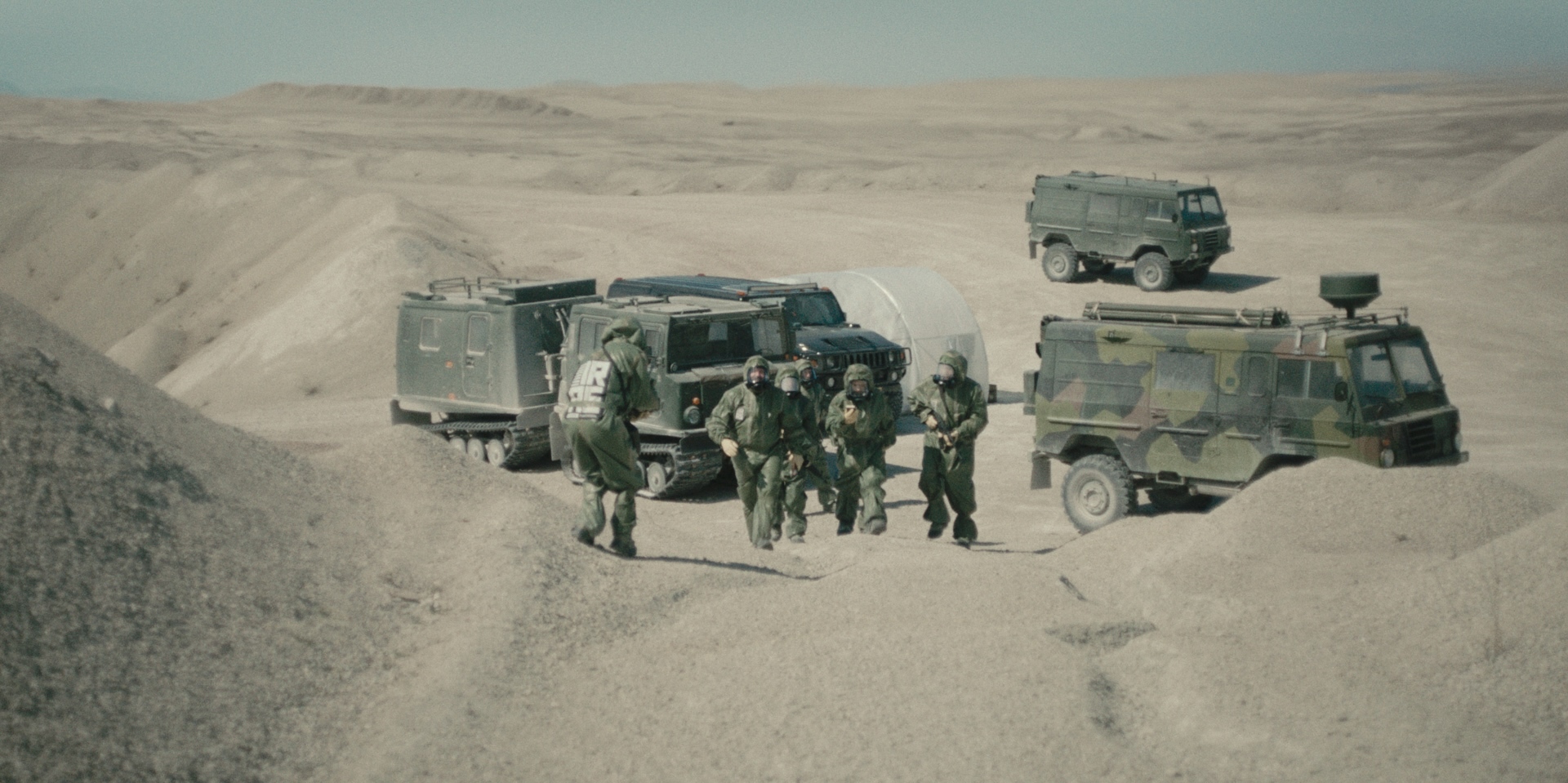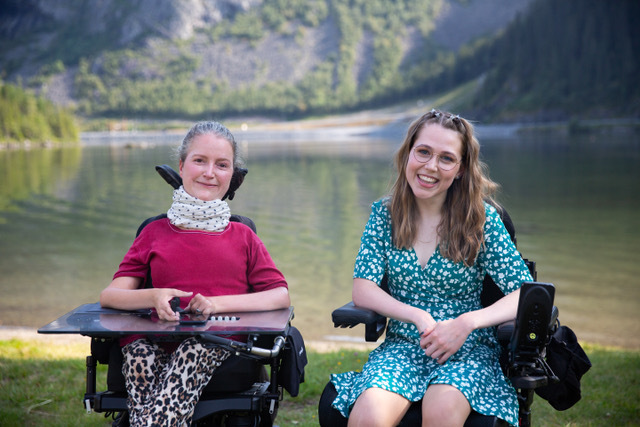
Norwegian filmmaker Mari Storstein asks how accessible the Nordic industry is for disabled professionals
Why are so few films made in the Nordic countries in which disabled people are able to tell their own stories? Some see signs of systemic discrimination.
